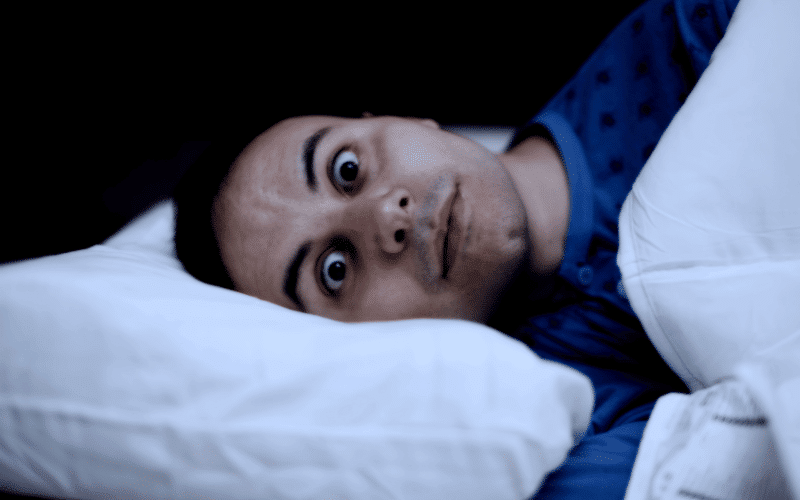Fact 7: The Intriguing Link Between Hallucinations and Sleep Disturbances in Dementia

Dementia doesn’t unfold in isolation; it can interact with other aspects of an individual’s health, including sleep. A noteworthy point of intersection is the relationship between hallucinations and sleep disturbances in dementia. Understanding this connection can provide a fresh perspective on how to handle hallucinations in dementia patients.
Sleep disturbances are common in individuals with dementia. Insomnia, sleep fragmentation, and sundowning are just a few of the sleep-related challenges they might face. These disturbances in the sleep-wake cycle can potentially exacerbate hallucinations, making them more frequent or intense.
Night-time can be particularly difficult for some individuals with dementia, as the lack of daylight and general quiet can create an environment conducive to hallucinations. Seeing people or objects that aren’t there can be a common experience during these hours, adding to the challenges already posed by the night.
Notably, it’s not just visual hallucinations that can intensify with sleep disturbances. Other forms of hallucinations, such as auditory or tactile hallucinations, might also become more pronounced. For instance, hearing unfamiliar sounds or experiencing unexplained sensations can be part of the hallucinatory experiences related to poor sleep. (7)